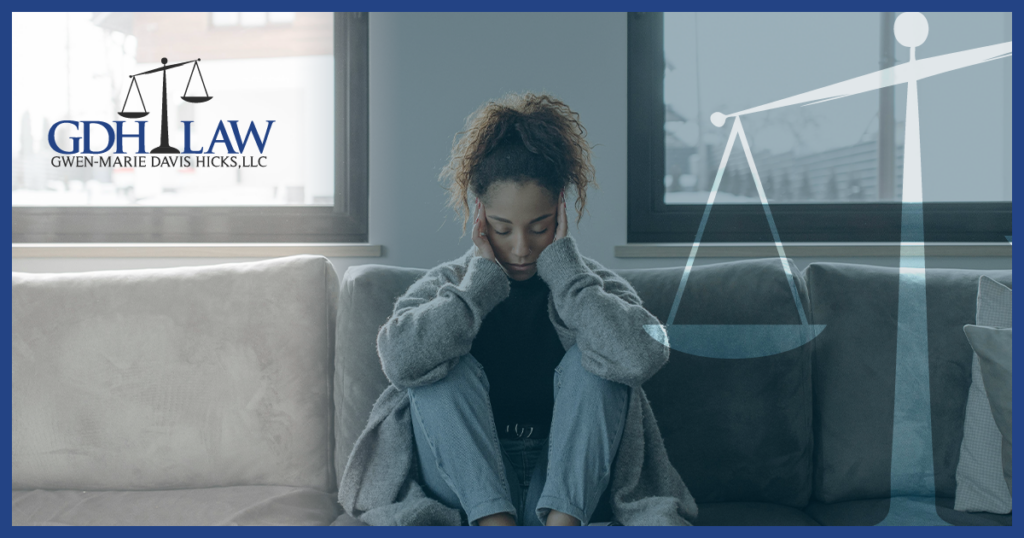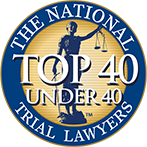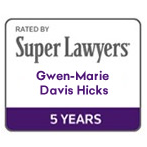
Every day, each of us faces the risk of sustaining injuries, including non-traumatic brain injuries, that’s just how life works.
While traumatic brain injuries (TBIs) often receive significant attention, non-traumatic brain injuries can be equally debilitating and deserving of legal consideration. However, navigating the legal landscape surrounding non-traumatic brain injuries can be complex.
In this blog post, we’ll explore the possibility of filing a lawsuit for a non-traumatic brain injury, examining the legal principles, challenges, and potential avenues for seeking compensation.
Understanding Non-Traumatic Brain Injuries
Non-traumatic brain injuries encompass a broad spectrum of conditions that result from internal factors rather than external force or impact. These injuries can arise from various causes, including medical malpractice, infections, vascular issues, toxic exposure, and neurological disorders.
Unlike traumatic brain injuries, which occur due to sudden physical trauma, non-traumatic brain injuries develop over time, often presenting unique challenges in diagnosis and treatment.
Signs of non-traumatic brain injuries can vary depending on the underlying cause and the specific area of the brain affected. However, some common signs and symptoms include:
- Cognitive Impairments: Non-traumatic brain injuries can result in cognitive difficulties, such as memory problems, impaired concentration, and difficulty processing information.
- Behavioral Changes: Individuals may experience changes in behavior or personality, including irritability, mood swings, impulsivity, and emotional instability.
- Motor Dysfunction: Non-traumatic brain injuries can lead to motor impairments, such as muscle weakness, coordination difficulties, tremors, and difficulty with balance and walking.
- Sensory Disturbances: Some individuals may experience sensory disturbances, such as changes in vision, hearing, taste, or smell.
- Headaches and Dizziness: Persistent headaches, dizziness, and vertigo are common symptoms of non-traumatic brain injuries, particularly those caused by vascular issues or neurological disorders.
- Speech and Language Problems: Non-traumatic brain injuries can affect speech and language abilities, leading to difficulties with articulation, comprehension, and expression.
- Seizures: Seizures may occur in some cases of non-traumatic brain injuries, especially those resulting from infections, metabolic disorders, or other neurological conditions.
- Fatigue and Sleep Disturbances: Individuals may experience fatigue, excessive sleepiness, or sleep disturbances, such as insomnia or disrupted sleep patterns.
- Changes in Consciousness: Non-traumatic brain injuries can cause alterations in consciousness, ranging from mild confusion or disorientation to loss of consciousness or coma in severe cases.
- Emotional and Psychological Symptoms: Non-traumatic brain injuries can also manifest as emotional and psychological symptoms, including anxiety, depression, mood disorders, and changes in social behavior.
It’s important to note that the signs and symptoms of non-traumatic brain injuries can vary widely among individuals, and some may experience a combination of different symptoms.
These symptoms may not always be immediately apparent, particularly in cases where the injury develops gradually over time. If you or someone you know is experiencing any of these signs or symptoms, seeking medical attention for a proper evaluation and diagnosis is crucial.
Legal Considerations
When considering filing a lawsuit for a non-traumatic brain injury, several legal considerations come into play.
Firstly, establishing liability is crucial. In cases involving medical malpractice, for example, demonstrating that a healthcare provider failed to meet the standard of care and that this negligence directly caused the injury is essential.
Similarly, in cases involving toxic exposure or workplace hazards, proving that it was negligence or wrongful conduct on the part of a responsible party that led to personal injury is fundamental to pursuing legal recourse.
Challenges in Non-Traumatic Brain Injury Cases
Non-traumatic brain injury cases pose unique challenges compared to their traumatic counterparts.
Due to the gradual onset and varied symptoms associated with non-traumatic brain injuries, accurately diagnosing and attributing the injury to a specific cause can be complex. Proving causation may also require expert medical testimony and thorough documentation of the individual’s medical history, which can significantly impact the litigation process.
Non-traumatic brain injuries often lack the external evidence typically associated with traumatic injuries, making it more difficult to substantiate the claim.
Legal Remedies and Compensation
Despite the challenges, individuals who have sustained non-traumatic brain injuries may be entitled to pursue legal remedies and seek compensation for their damages.
Compensation in these cases may cover medical expenses, rehabilitation costs, lost wages, pain and suffering, and other related damages. Consulting with an experienced attorney who specializes in personal injury law is crucial for evaluating the viability of a potential lawsuit and determining the appropriate course of action.
While traumatic brain injuries often dominate discussions surrounding personal injury litigation, non-traumatic brain injuries are equally deserving of attention and legal consideration.
Whether caused by medical malpractice, toxic exposure, or other factors, individuals who have sustained non-traumatic brain injuries may have grounds for pursuing legal recourse and seeking compensation for their damages. However, navigating the legal complexities of these cases requires expert guidance and a thorough understanding of the underlying medical and legal principles.
By consulting with experienced attorneys and advocating for their rights, individuals affected by non-traumatic brain injuries can pursue justice and obtain the compensation they deserve. Contact our firm, GDH Law, to understand your rights.












